Occupying a leadership position comes with immense responsibilities and challenges. If you are to succeed in this role – then you must master certain skills and competences. In this article – we will explore some of these competences that can set you on the right path to unlocking your full potential as a leader.
- Listen More – Listening is one of the most underrated and underutilized leadership skills. Many of the leadership challenges that you face could be solved quite easily if you only listen more. So, what does listening more really means? This involves paying attention to what is being said with the intention to learn and connect with the speaker. Leaders often make the mistake of trying to respond without first allowing the speaker to finish their question or statement. This creates frustration and often requires the speaker to restate what they are saying in order for you to understand what is being communicated. When you are having discussions with your staff – if you continuously interrupt them whenever they speak – they will shut down and avoid making suggestions. These suggestions can be invaluable to the success of the team and by extension the organization. However, you missed an opportunity to capitalize on this information, because of your poor listening skills. The next time you are involved in a conversation try listening more and see if you don’t come away with more information than if you did all the talking.
- Make better and quicker decisions – I came across some information recently, that states that decisions came down to two categories, reversible and irreversible decisions. Reversible decisions are those that you can make unilaterally without fear of any debilitating consequences. While irreversible decisions are those that cannot be cancelled once you have made the decision. These require collaboration and input from others because they often have downstream effects on other teams’ workflow, output, products and services. Making better and quicker decisions becomes possible when you learn to distinguish between the two categories. This will allow you to make independent decisions when you have all the information you need – and when to collaborate when you do not, and a consensus agreement is needed before a decision is taken.
- Develop a better network – Thriving in a leadership role is heavily dependent on the quality of your network. This includes your peers within the organization, as well as other stakeholders who may not reside within your company. Your duty is to establish and examine your network so that you can capitalize on their expertise whenever possible. Furthermore, a leader is required to inspire, motivate, influence, and troubleshoot problems etc., and to do this effectively – you need a very strong supporting cast with diverse skills and competences that you can leverage. Therefore, having a solid network is critical, since a great deal of your time will also be spent troubleshooting problems and creating and implementing strategies to overcome them. And in order for you to do this correctly and consistently, you will need to have individuals in your corner with various expertise – as they will help you to make crucial decisions and advise you on how to approach and solve many of these problems. Your team is relying on you to solve these problems and make big decisions. They don’t care what lengths you go through to get it done – they just need it done.
- Know your industry – Having an in-depth knowledge of your industry is not only necessary – but is also critical to your success as a leader. As a leader, you are operating in an environment where information is being generated and changing at a rapid pace. Yesterday’s rules and regulation’s might not be applicable today. Therefore, you must be in tune with the rules and regulations affecting your industry so that you can plan ahead to meet these changes and remain complaint, competitive and profitable. You can keep up to date with your industry by reading books, volunteering on boards, attending leadership conferences, joining professional groups, listening to podcasts and reading blogs from industry experts. Whether you use a particular medium to get your information or a combination, doesn’t really matter. What matters, is that you get the information in real-time so that you can adopt quickly. If not, it can be to your detriment.
- Continuous learning – It is incumbent on you to keep your skills and abilities current. Assuming a leadership position requires your ability to learn quickly and keep learning. You are required to continuously evaluate your role and responsibilities and to see what is necessary to execute them effectively and efficiently. Continuous learning does not necessarily mean you are always pursuing a degree. All that is required in most instances – is to improve your skills in a particular area. If this is the case, then a short certificate course in that area can satisfy that need. Or you can read books, attend webinars, workshops or leadership seminars to get feedback from other managers on how they are thriving in their roles. You can then bring back some of these strategies and implement them within your team. By practicing continuous learning, you are able fulfil your immediate job requirements satisfactorily – as well as prepare you for upward mobility.
- Better communication – Communicating effectively is one of the biggest issues for many individuals irrespective of their station in the organization. But this is more crucial for leaders who are standing in the gap between the staff and other stakeholders such as board members, government officials, owners and other interest groups. The point is that you must be in a position to articulate your points and messages properly. Thriving as a leader requires strong skills in oral and written communication. If you are afraid to speak publicly, then you will not do well as a leader. Therefore, employ techniques and seek opportunities to present and speak publicly. By practicing – you are able to increase your confidence and competence in this area. If you are not a skilled writer, then you might need to get enrolled in a writing course so that you can get ideas and feedback on how to write effectively. Strive to master your communication skills – because it will help to decide how successful you are as a leader.
- Delegate effectively – One of the keys to thriving at the leadership level, is your ability to delegate tasks effectively. Delegation is a skill that you cannot afford not to develop, and it can only be developed through practice. By delegating you are able to effectively utilize the skills within your organization – especially the skills of those directly under your purview. It is your duty to analyze your team and assign tasks to individuals who really want to contribute in ways that are consistent with their skills, interest and desires. Delegating provides you with the opportunity to get more things done – as you will have more time to explore those tasks that only you can do. Delegation signals to the team that you trust them, it boosts their self-confidence, and it also increase engagement – because you value their input.
- Practice work-life balance – Prioritizing your wellbeing is critical if you are to maintain your staying power and avoid burnout. Top leaders typically work north of sixty (60) hours per week. Working this long will catchup with you if you do not take good care of yourself. Therefore, operating at an optimal level requires you to exercise regularly, take your vacations, spend quality time with your family and practice mindfulness or whatever you do to clear your mind. Take these suggestions seriously and start implementing them into your routine and watch your performance improve exponentially.
Conclusion
Thriving as a leader involves continuous focus on the mission and objectives of the organization – whilst providing the influence, inspiration and motivation necessary for your team to get on board and support the cause. It also requires you to examine your skills and competences so you can be equipped to lead and create the right environment for you and your team to grow and develop. Therefore, practice continuous learning, make better decisions, know your industry and develop your communication skills, if your desire is to unlock your full potential and thrive as a leader.


